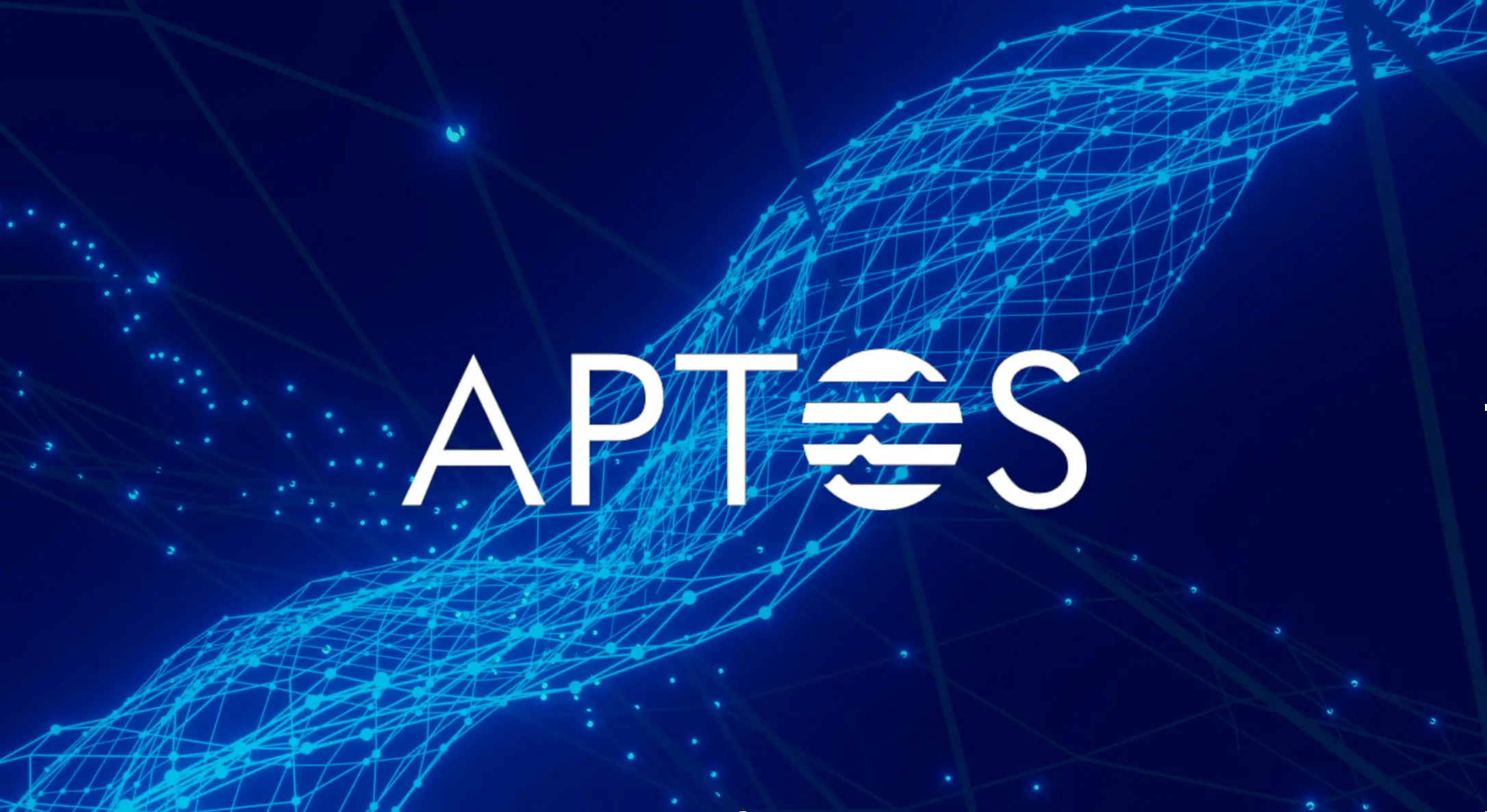Aptos Shows Significant Activity in a Sluggish Crypto Market
14.09.2024 16:00 1 min. read Alexander Stefanov
The Layer 1 blockchain Aptos is showing growth even as the broader crypto market remains subdued.
Last month, Aptos recorded 5.4 million active monthly addresses, a figure that competes with those of more established chains. Additionally, the platform experienced 578 million transactions, indicating considerable activity within its ecosystem.
The APT token has also demonstrated resilience, with a 4.9% increase over the past year—a significant achievement in a market known for its volatility.
However, it’s important to interpret these numbers carefully. High transaction counts and active addresses may be influenced by factors like bot activity or promotional airdrops, which can artificially inflate metrics.
Furthermore, a high transaction volume doesn’t always equate to meaningful economic activity. Promotional events and token distributions can create temporary spikes in activity, and it’s essential to see if these levels persist beyond the initial excitement. Sustainable growth relies on a balance between acquiring new users and retaining engaged participants.
In summary, while the figures for Aptos are promising, they only provide a partial view. The true success of a blockchain is measured by its ability to address real-world problems, foster innovation, and maintain a sustainable ecosystem.
-
1
Ripple Powers UAE’s First Tokenized Real Estate Project via XRPL
16.07.2025 21:00 2 min. read -
2
German State-Owned Development Bank Issues €100 Million Blockchain Bond
11.07.2025 7:00 2 min. read -
3
Cardano and Ethereum Lead in Developer Activity as GitHub Commits Surge
14.07.2025 12:00 1 min. read -
4
Tether Ends Support for Five Blockchains in Infrastructure Shift
12.07.2025 11:30 2 min. read -
5
BNB Chain Upgrades and Token Delistings Reshape Binance Ecosystem
16.07.2025 22:00 2 min. read
Solana Plans 66% Block Upgrade to Boost Network Capacity
Solana developers have introduced a new proposal aimed at pushing the network’s performance even further.
Chainlink Partners With Westpac and Imperium to Tokenize Finance in Australia
Chainlink has announced a major institutional partnership with Westpac Institutional Bank and Imperium Markets as part of Project Acacia—a joint initiative involving the Reserve Bank of Australia and the Digital Finance Cooperative Research Centre (DFCRC).
BNB Chain Upgrades and Token Delistings Reshape Binance Ecosystem
Binance continues to refine its ecosystem in 2025, with major updates spanning performance upgrades, token listings and removals, and new token launches—all reinforcing its focus on scalability and innovation.
Ripple Powers UAE’s First Tokenized Real Estate Project via XRPL
Ripple has taken a major step in expanding its institutional digital asset infrastructure in the Middle East by partnering with Ctrl Alt to support Dubai’s first government-backed real estate tokenization initiative.
-
1
Ripple Powers UAE’s First Tokenized Real Estate Project via XRPL
16.07.2025 21:00 2 min. read -
2
German State-Owned Development Bank Issues €100 Million Blockchain Bond
11.07.2025 7:00 2 min. read -
3
Cardano and Ethereum Lead in Developer Activity as GitHub Commits Surge
14.07.2025 12:00 1 min. read -
4
Tether Ends Support for Five Blockchains in Infrastructure Shift
12.07.2025 11:30 2 min. read -
5
BNB Chain Upgrades and Token Delistings Reshape Binance Ecosystem
16.07.2025 22:00 2 min. read


